We care about more than just ourselves – we care about our loved ones, our communities, and the world around us. We are affected by tragic events, especially when a child is murdered, regardless of where it happens. It deeply impacts us and makes us feel disheartened. Moral evils raise doubts about the goodness of the world and the value of existence, especially for those who believe in a benevolent deity. However, anyone can contemplate the purpose and value of the universe in light of such evils. We may not need to worry about the value of the Universe and instead focus on finding value in our own lives or the lives of our loved ones. The concept of value is subjective and can be created by us.
The important question is what we should value or find pleasure in. Some people may try to ignore moral evil by focusing only on their own lives and loved ones, but this narrow perspective is unsatisfying for most. It is important to see our lives as part of a larger context and contribute to the goodness of the world. By doing so, we can find value and purpose even in difficult times, helping us avoid feelings of hopelessness and meaninglessness. We are searching for a final value that does not need any further explanation. This value is not the same as intrinsic value, which is independent of context. Final value can be intrinsic or contextually sensitive, and this is what we are examining when looking at the world as a whole.
While personal values are limited to one’s sphere and can be easily influenced by external factors, moral values encompass the relationships between all morally relevant beings. However, the world is not inherently morally good and even if humans were to treat each other better, it may not necessarily create a positive value. Furthermore, moral value only pertains to interactions between humans and certain animals on Earth, leaving out the vast universe where moral value is irrelevant. Aesthetic value is a way to find positive value in the world without needing justification from other sources. Beautiful or sublime things have value in themselves, separate from any practical benefits they may provide. Despite the potential harm of some aesthetically valuable objects, their value remains. Valuing something aesthetically allows us to appreciate its intrinsic goodness and expands our focus beyond our concerns. Aesthetic value can encompass a wide range of things, either individually or in combination.
Though our looks hold vitality in how people perceive us, they should not be the intrinsic factor in determining our value. Our appearance should be considered secondary to our suitability and compensation for the majority of jobs. It matters that we apply our skills and possess the necessary abilities for the job. However, “lookism,” or discrimination based solely on appearance, is widespread and harmful in the workplace. Will lookism in the workplace ever be acceptable? If it is unable to, should we enact laws prohibiting it?
The question of whether lookism can be justified only when appearance is directly relevant to a job qualification is not as simple as it seems. It raises further questions about when appearance is necessary for a job, and whether there are circumstances where genuine qualifications should not be considered for moral reasons. The same questions about discrimination arise when considering race and gender in the workplace. While there are situations where being a certain race or gender may be necessary for a job, such as a woman working at a women’s refuge, it is not justifiable for being a man to be a requirement for being a doctor. Even if patients prefer male doctors due to sexist beliefs, this preference should not be considered a legitimate qualification for the job. Ultimately, certain qualifications should not be used as criteria for hiring.
Biases can affect not only those evaluating qualifications but also how others perceive attractiveness in various job roles. Good looks can be advantageous in certain jobs due to the positive responses they elicit from others. For example, viewers may prefer attractive newsreaders because they associate their appearance with positive qualities like trustworthiness. Similarly, customers may be less inclined to interact with employees they deem unattractive or overweight. This shows that attractiveness can be a legitimate qualification for customer-facing roles, though ethical considerations about its importance remain.
Qualifications that are based on customer reactions to employee characteristics are known as ‘reaction qualifications’. Even if selectors do not share the same biases as customers, they may still choose to hire individuals with characteristics preferred by customers and reject those with disliked features. In contrast, technical skills as qualifications for a job are not dependent on others’ reactions, but rather on their ability to produce desired products or services. For example, the skill of providing competent legal advice is a qualification for being a lawyer regardless of others’ opinions. People often make unfair assumptions about individuals based on their appearance, such as associating heavier weight with laziness, short stature with aggressiveness, and facial scarring with unpleasantness. These assumptions are not supported by evidence and should not be used to judge or discriminate against people. Just as it is not morally acceptable to discriminate based on gender or race, it is also not acceptable to discriminate based on appearance. Customers and job recruiters often base their perceptions of an assistant’s attractiveness on societal norms and conventional aesthetic preferences. These norms may have evolved over generations due to the evolutionary advantages of choosing attractive partners.
Some appearance norms are based on cultural practices and may be influenced by power dynamics and privilege. For example, norms around hair texture, nose shape, and skin tone may reflect and perpetuate racial hierarchies. These norms can benefit those who are already advantaged and further disadvantage those who are already marginalized, such as women and the elderly. Youthfulness is often seen as a defining characteristic of attractiveness for women, which may impact decisions in certain industries like the BBC. Ignoring customer preferences would harm business, so it is important to consider them in recruitment decisions. If selectors are influenced by looks instead of customer preferences, it is not justified. It is unclear if vendors were influenced by Courtney’s appearance or if it was just her manager.
It is unfair for managers to base hiring decisions on employees’ appearance if it is not a relevant qualification. Evaluating candidates based on irrelevant factors such as race or looks is generally unfair. Prejudices and negative stereotypes based on appearance can limit career opportunities for individuals, leading to unfair distribution of resources and reinforcing existing inequalities. Research by Daniel Hamermesh shows that attractive individuals tend to earn more than those considered less attractive. While appearance may be relevant in certain professions like modelling, discriminating based on looks is akin to racial discrimination and should be condemned. Some cases of lookism involve discriminating based on personal choices in appearance, such as tattoos, hairstyles, and piercings, rather than race.
It may seem fair to say that if a person chooses an appearance feature that negatively affects their job prospects, they are not being treated unjustly. However, customers and employers may have unfounded prejudices against certain appearance choices, such as tattoos being associated with aggression or mental health issues. Is it right to disadvantage someone in the job market based on their appearance choices, especially when those choices are a part of their identity and are unfairly judged by others? People may choose to undergo cosmetic procedures such as liposuction, Botox injections, or hair transplants to improve their chances in certain job markets, particularly in visual media where youthfulness is seen as attractive. However, these decisions are not solely based on personal choice, as they are often influenced by societal pressures and body-shaming practices.
Appearance norms have become so strict that failing to comply is seen as morally wrong, especially for women and younger men. When job opportunities are linked to conforming to these norms, the pressure to do so increases even more. People may choose to embrace or reject certain appearance features in the job market based on their own ethical beliefs rather than societal norms. For example, some women may choose not to wear makeup to challenge the idea of women being seen as objects of beauty. This can be a form of resistance against body-shaming and pressure to conform to certain standards. Additionally, some may adhere to unconventional appearance norms or dress codes based on religious principles. Appearance features can reflect personal beliefs and values, and when companies have a strong ethos that aligns with these beliefs and requires employees to adhere to certain appearance standards, it is generally accepted. For example, a company may have a policy against wearing makeup and require employees to have a natural appearance as a condition of employment.
Lookism in employment can be seen as a combination of both discriminatory practices and legitimate hiring criteria. Some instances of lookism mirror racial discrimination, involving biases that affect hiring decisions and should be condemned. However, other cases may be based on appearance-related values that do not necessarily reflect prejudice or deny the equality of individuals. This could be because the appearance qualities sought by companies are not objectionable or because they are choices made by job applicants.
It should be against the law to discriminate against someone based on their appearance if it is not relevant to the job. Qualifications that rely on customer reactions should not be considered if they are based on prejudices. If a culture is biased against a certain appearance feature, qualifications related to that feature should be considered illegitimate unless there is evidence to suggest otherwise. Legislation against lookism may face challenges in being effective due to resistance and difficulty in detecting appearance discrimination. The legislation would not require objective judgments about attractiveness, but rather to identify when appearance influences hiring decisions in a way unrelated to job performance. Monitoring compliance with the legislation may be challenging, as it is harder to measure the impact of appearance discrimination compared to race or gender discrimination.
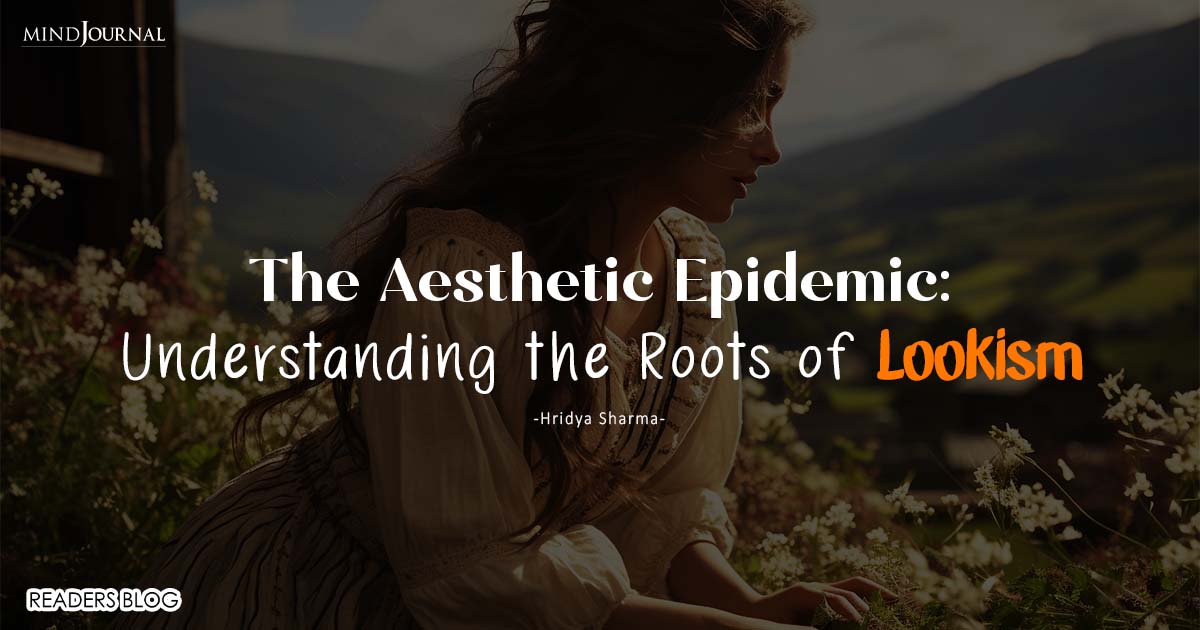
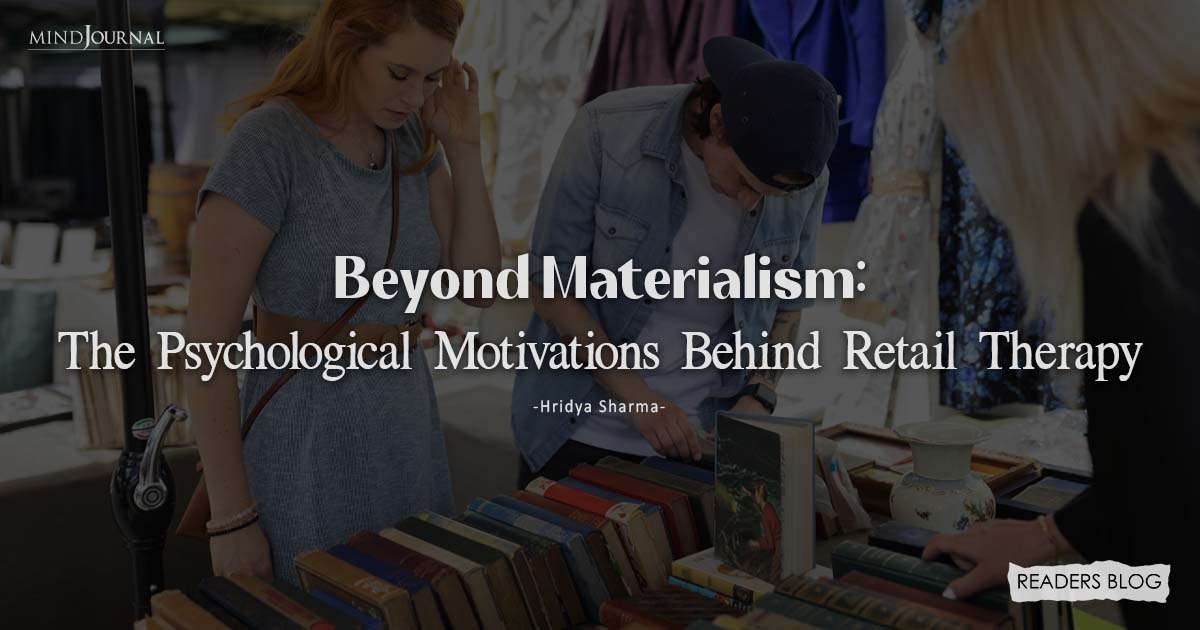
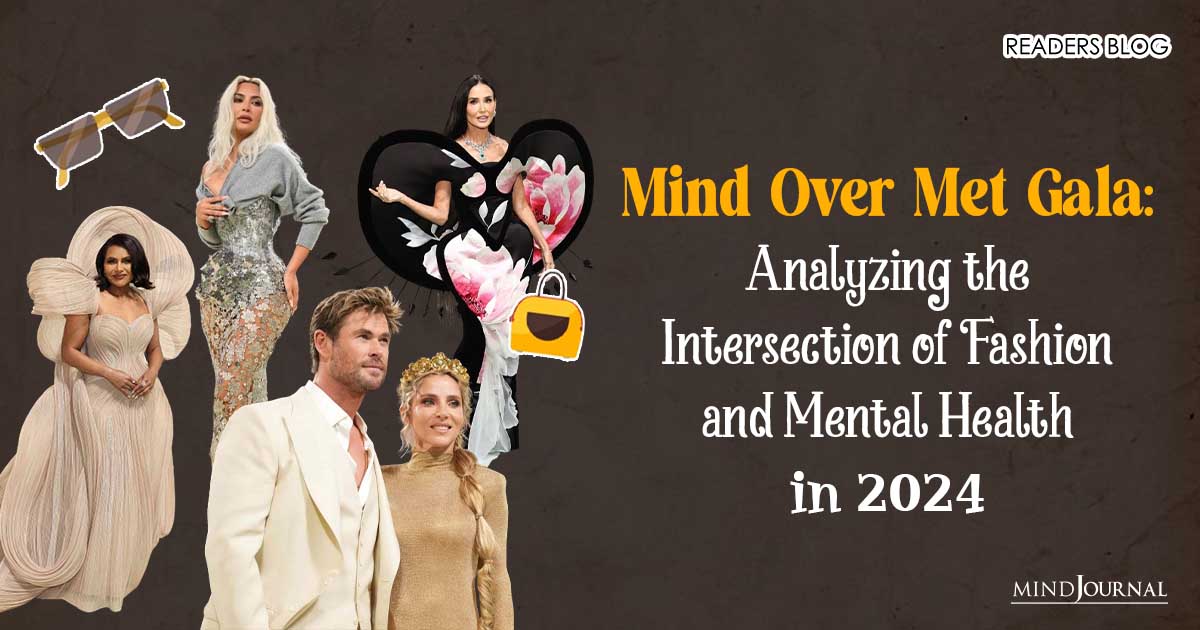
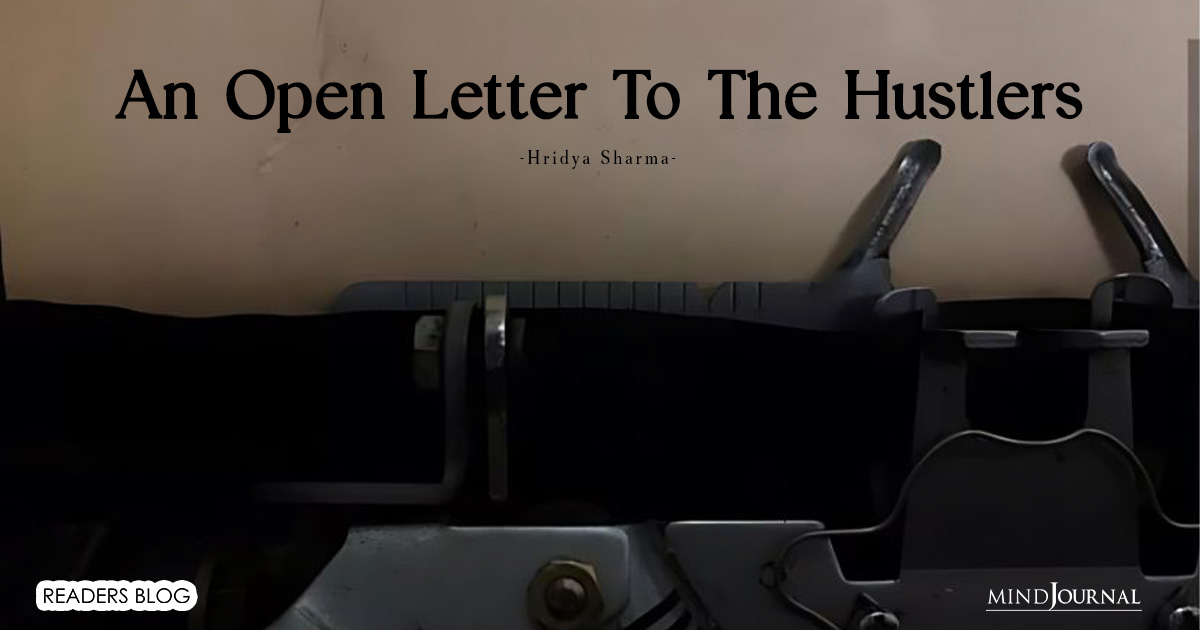
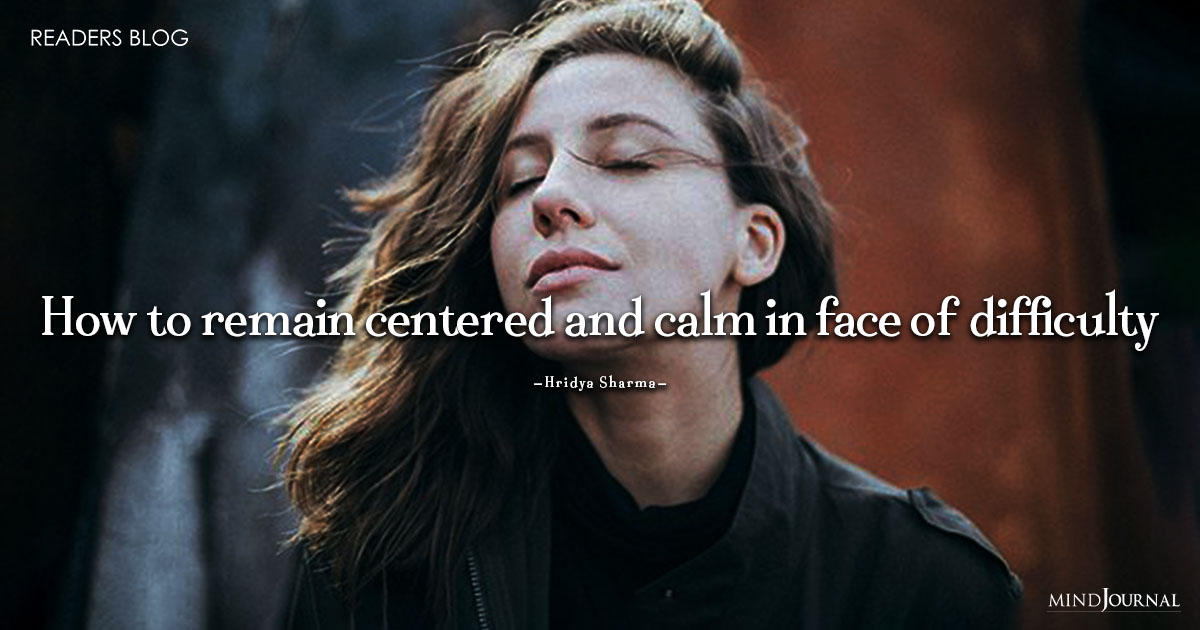
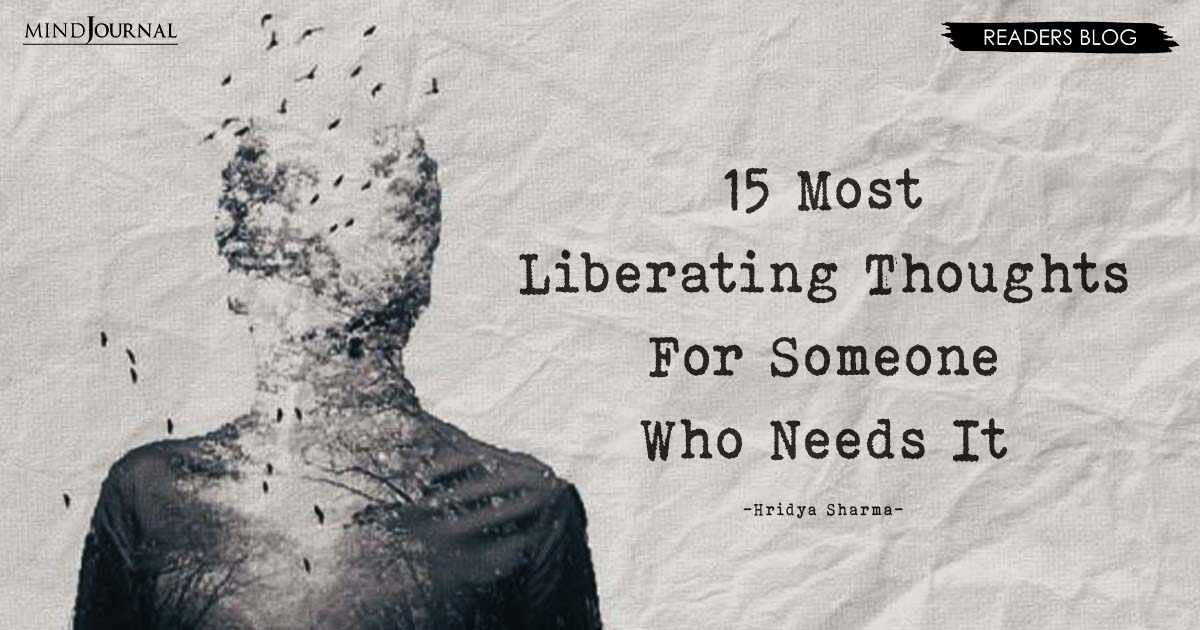
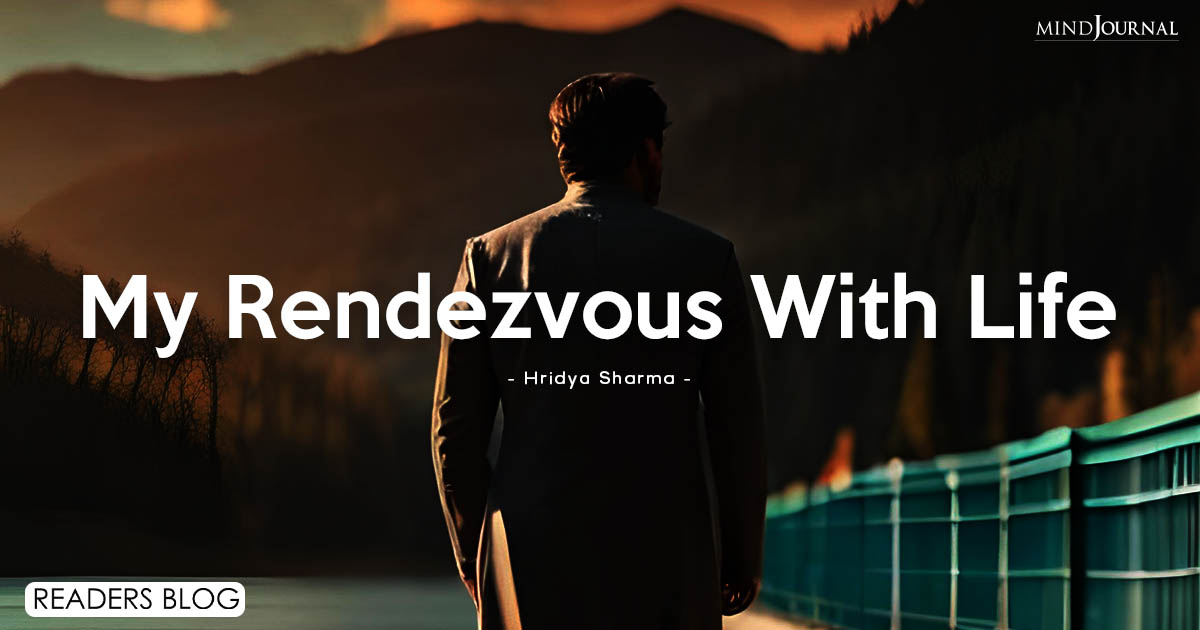
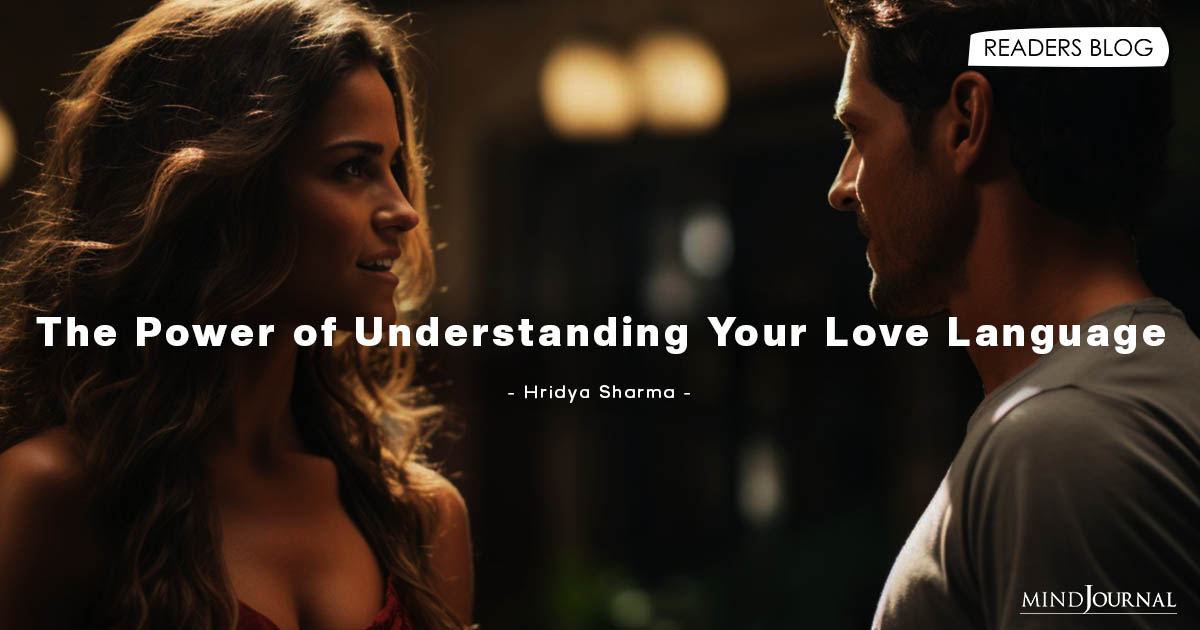
Leave a Reply
You must be logged in to post a comment.